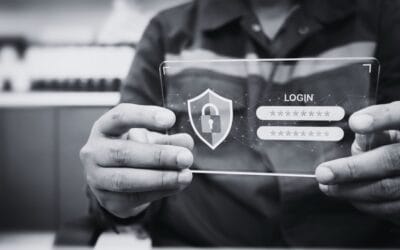The holiday season is often filled with celebrations, gift-giving, and special online deals. But as you browse for perfect presents and send digital greetings, cybercriminals see the holidays as prime time to launch cunning scams. Seasonal phishing emails, fake shipping notices, and fraudulent gift card offers crop up every year, putting your personal and financial data at risk.
Fortunately, you can protect yourself by staying aware of common holiday-themed cyber tricks. Understanding these schemes and taking proactive steps to spot, report, and avoid them can keep your holiday shopping and digital festivities worry-free.
















